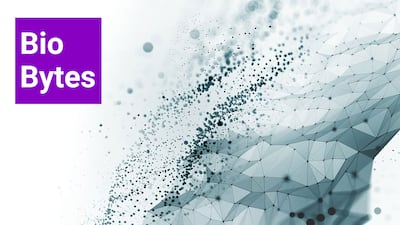Four of the current top 10 selling drugs treat cancer, led by the immuno-oncology drugs Keytruda (pembrolizumab) and Opdivo (nivolumab), along with Revlimid (lenalidomide) and Imbruvica (ibrutinib). Meanwhile, challenged by biosimilars, sales of Roche Holding AG/Genentech, Inc.’s trio of foundational antibody drugs Avastin (bevacizumab), Herceptin (trastuzumab) and Rituxan (rituximab) are sliding (see Exhibit 1).
IO based on PD-1/PD-L1 checkpoint inhibition is firmly established in the first-line treatment of many solid tumors (with the notable...







